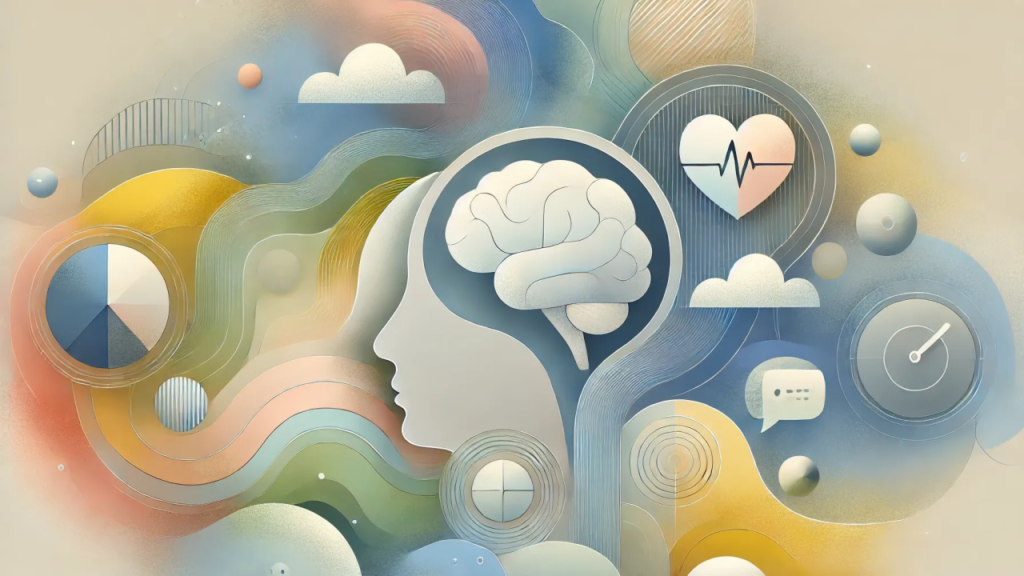In recent years, mental health awareness has been brought into the spotlight by various movements, with social media platforms playing a significant role in breaking down the stigma surrounding mental health issues. These platforms, often criticized for their negative effects on well-being, are increasingly being used to advocate for mental health, offering a space for open dialogue and support.
The Shift in Public Perception
Historically, mental health issues were often considered taboo, with many individuals feeling pressured to conceal their struggles due to societal stigma. However, social media has changed the narrative. Platforms like Twitter, Instagram, TikTok, and Facebook have become vital tools for individuals and organizations to share personal experiences, mental health tips, and professional advice. As a result, discussions about mental health are more frequent and open, promoting greater understanding and empathy.
In recent days, we’ve witnessed even more progress in the mental health space on social media. On December 12, 2024, World Mental Health Day was celebrated on platforms globally, with influencers and mental health advocates posting content aimed at de-stigmatizing mental health challenges. Hashtags like #BreakTheStigma, #EndTheSilence, and #MentalHealthMatters trended worldwide, pushing forward the ongoing conversation.
For instance, on TikTok, the hashtag #MentalHealthAwareness has over 10 billion views, with thousands of people sharing their stories of coping with anxiety, depression, and other mental health conditions. Short-form videos provide an opportunity for people to speak candidly about their experiences in ways that feel relatable to others, especially younger generations who are more likely to seek help online than through traditional means.
Digital Platforms: A Double-Edged Sword
While social media provides a platform for mental health advocacy, it’s important to acknowledge its potential drawbacks. Research has shown that prolonged use of social media can negatively impact mental health, especially for young people. Constant exposure to curated content can lead to comparisons, self-doubt, and feelings of inadequacy. Studies have linked excessive use of platforms like Instagram and Facebook to higher rates of anxiety and depression among teenagers and young adults.
However, the flip side is that social media can also act as a vital support system. Online communities can provide immediate access to peer support, often from people who have gone through similar experiences. The digital age has allowed the creation of groups like “r/mentalhealth” on Reddit, where people can share coping strategies, seek advice, or simply find solidarity. These online spaces allow individuals to remain anonymous while seeking the help they need, something that might feel more challenging in face-to-face interactions.
Furthermore, many mental health professionals are now using social media to educate the public. Clinical psychologists, therapists, and psychiatrists are increasingly hosting live discussions or creating videos offering tips on how to manage stress, depression, and other mental health conditions. The accessibility of this information online empowers individuals to take proactive steps toward better mental health without the fear of judgment.
Recent Developments: From Awareness to Action
On December 17, 2024, Instagram announced a new feature aimed at improving mental health support on the platform. The “Mental Health Support Hub” will allow users to access resources on self-care, suicide prevention, and crisis management directly from the app. This initiative reflects a growing recognition of the need for digital platforms to take responsibility for user well-being.
Additionally, in the past week, mental health advocates have lauded new efforts by companies like TikTok to provide better resources for users struggling with mental health crises. TikTok’s addition of direct links to suicide prevention hotlines and therapy services is a sign that social media platforms are taking an active role in supporting their users’ mental well-being.
A Call for Continued Advocacy
Despite these positive changes, the fight to reduce the stigma around mental health is far from over. Mental health professionals stress the importance of continuing the conversation, not just on World Mental Health Day, but every day. The more individuals share their struggles and successes on platforms like Twitter and Instagram, the more others feel encouraged to do the same. This collective effort can have a lasting impact on how society views mental health issues.
The role of social media in reducing the stigma of mental health cannot be understated. By providing a space for open conversations, offering anonymous support, and making resources more accessible, these digital platforms are helping to reshape the narrative around mental health. However, it’s vital that we continue to address the potential harms of social media use and ensure that these platforms are tools for positive change in the mental health landscape.
As we move into 2025, the hope is that the stigma surrounding mental health will continue to diminish, and more people will feel empowered to seek help and share their stories without fear of judgment. Social media, if used responsibly, will undoubtedly play a critical role in this ongoing movement.

